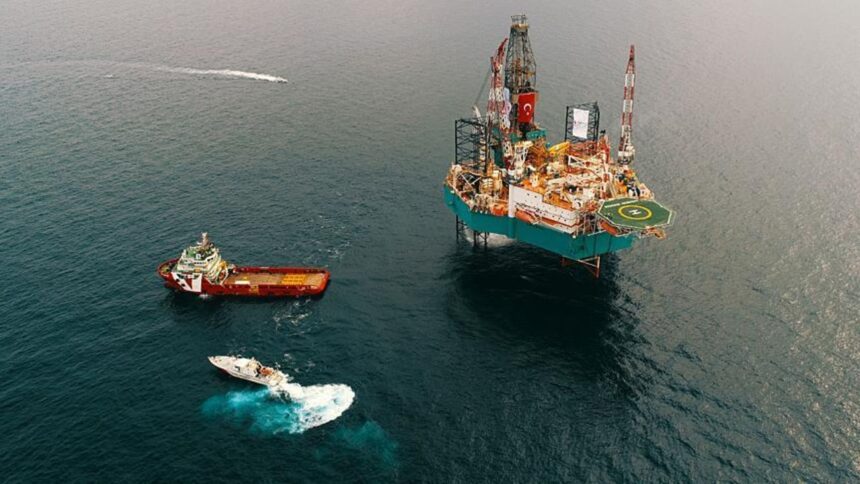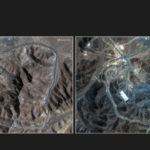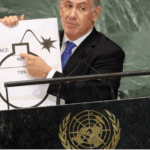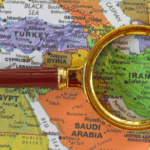Pakistan is making bold moves to position itself as a regional leader in energy and mineral development. At this week’s Pakistan Minerals Investment Forum 2025 in Islamabad, the country signed a landmark offshore oil and gas exploration deal with Turkey, celebrated a major copper and gold discovery in Balochistan, and welcomed a high-level Saudi delegation exploring fresh investment opportunities.
With natural resources long considered an underused asset, Pakistan’s latest agreements reflect a new push to unlock its vast potential—and perhaps, turn the tide on years of economic stagnation and underinvestment.
The most significant development of the forum was the announcement that Turkey’s state-owned energy company TPAO will partner with Pakistan’s top exploration firms—Mari Energies, OGDCL, and PPL—to jointly bid on 40 offshore blocks located in the Makran and Indus basins.
Offshore Pact with Turkey Marks a Strategic Shift
“This strategic partnership isn’t just about drilling for oil—it’s about attracting long-term investment and bringing cutting-edge technology and know-how into Pakistan’s energy sector,” the Ministry of Petroleum said in a statement.
The bidding round was launched by Islamabad in February, and the timing couldn’t be more critical. Seismic surveys over the past three years have revealed what some experts believe could be the fourth-largest offshore oil and gas reserve in the world, just behind Venezuela, Saudi Arabia, and Canada, according to Modern Diplomacy.
Petroleum Minister Ali Pervaiz Malik, following his meeting with Turkish Energy Minister Alparslan Bayraktar, expressed strong confidence in the findings and reaffirmed Pakistan’s commitment to supporting joint exploration in what he called a new era for the country’s “blue economy.”
The Missing Majors: Why Big Oil Isn’t Rushing In
Given the size of the reported reserves, one might expect international oil giants to be lining up. But that hasn’t been the case. In fact, many have been pulling out.
In 2023, Shell sold its Pakistan operations to Saudi Aramco, and an earlier auction for 18 energy blocks saw 15 of them receive no bids at all.
The reason, according to officials and industry analysts, is clear: security concerns. Former Petroleum Minister Musadik Malik admitted last year that “the cost of keeping people and assets safe in remote exploration areas is too high for most companies,” and added that Pakistan’s own security capabilities have fallen short.
Those concerns were brought into sharp focus in March 2024, when a suicide bombing killed five Chinese engineers traveling to the Dasu hydropower project. Days later, Baloch militants attacked Chinese-run facilities at Gwadar Port, both incidents prompting temporary shutdowns across multiple CPEC-linked projects.
Copper and Gold Discovery Sparks New Hope in Balochistan
While offshore drilling stole the spotlight, another major development came from Chagai, Balochistan, where National Resources Limited (NRL) announced the discovery of significant copper and gold reserves.
Backed by Fatima Fertiliser, Liberty Mills, and Lucky Cement, the private firm has already completed 13 deep drill holes at a site called Tang Kaur, with more advanced exploration scheduled to begin in May 2025. Over 18 new prospects have been identified in the past 15 months alone.
NRL Chairman Muhammad Ali Tabba emphasized the company’s local-first approach, noting that over 90% of its workforce is from the surrounding communities, and that NRL is actively working with both the Balochistan government and the Special Investment Facilitation Council (SIFC) to expand its footprint responsibly.
The company is also pursuing lead and zinc opportunities and evaluating downstream processing within Pakistan. A $100 million exploration fund has been established to support continued expansion.
Saudi Arabia Eyes Broader Energy and Mineral Ties
Adding to the momentum, a senior Saudi delegation led by Deputy Mining Minister Abdulrahman Al-Belushi met with Minister Malik to explore deeper cooperation in the oil, gas, and mineral sectors.
The Saudi team praised the forum’s outcomes and invited Pakistani geologists for a technical exchange visit, signaling strong interest in long-term collaboration. Abdullah Al Shamrani, CEO of the Saudi Geological Survey, expressed hopes of expanding joint exploration and technology transfer between the two countries.
Pakistan’s energy officials assured the delegation of an investor-friendly regulatory framework, pointing to untapped reserves and a renewed political focus on facilitating strategic partnerships.
An Opportunity—If Pakistan Can Manage the Risk
Pakistan’s 235 trillion cubic feet (tcf) of gas reserves represent an enormous opportunity. According to Energy Minister Mohammad Ali, just a 10% recovery over the next decade—with the right investment—could help reverse declining gas production and significantly cut energy imports.
And the opportunity doesn’t end with hydrocarbons. Pakistan’s coastal waters are also rich in cobalt, nickel, and rare earth elements—metals critical to clean energy and defense sectors. While the country lacks deep-sea mining technology for now, officials see growing potential in developing a “blue economy” that could also include marine biotechnology, fishing, and ecotourism.
Still, the path forward is not without obstacles. Experts stress that security and policy stability must be top priorities if Pakistan is to unlock these assets and convince international investors to return.
New Partnerships, New Direction
With Turkey stepping in as a key offshore partner and Saudi Arabia showing deepening interest in minerals and infrastructure, Pakistan may be carving out a new regional energy alignment—one that relies less on traditional Western capital and more on trusted strategic allies.
If successful, the developments unveiled this week could mark the beginning of a long-awaited economic turnaround, driven by the responsible use of the country’s vast natural wealth. But getting there will require more than resources—it will require resilience, reform, and sustained regional cooperation.







